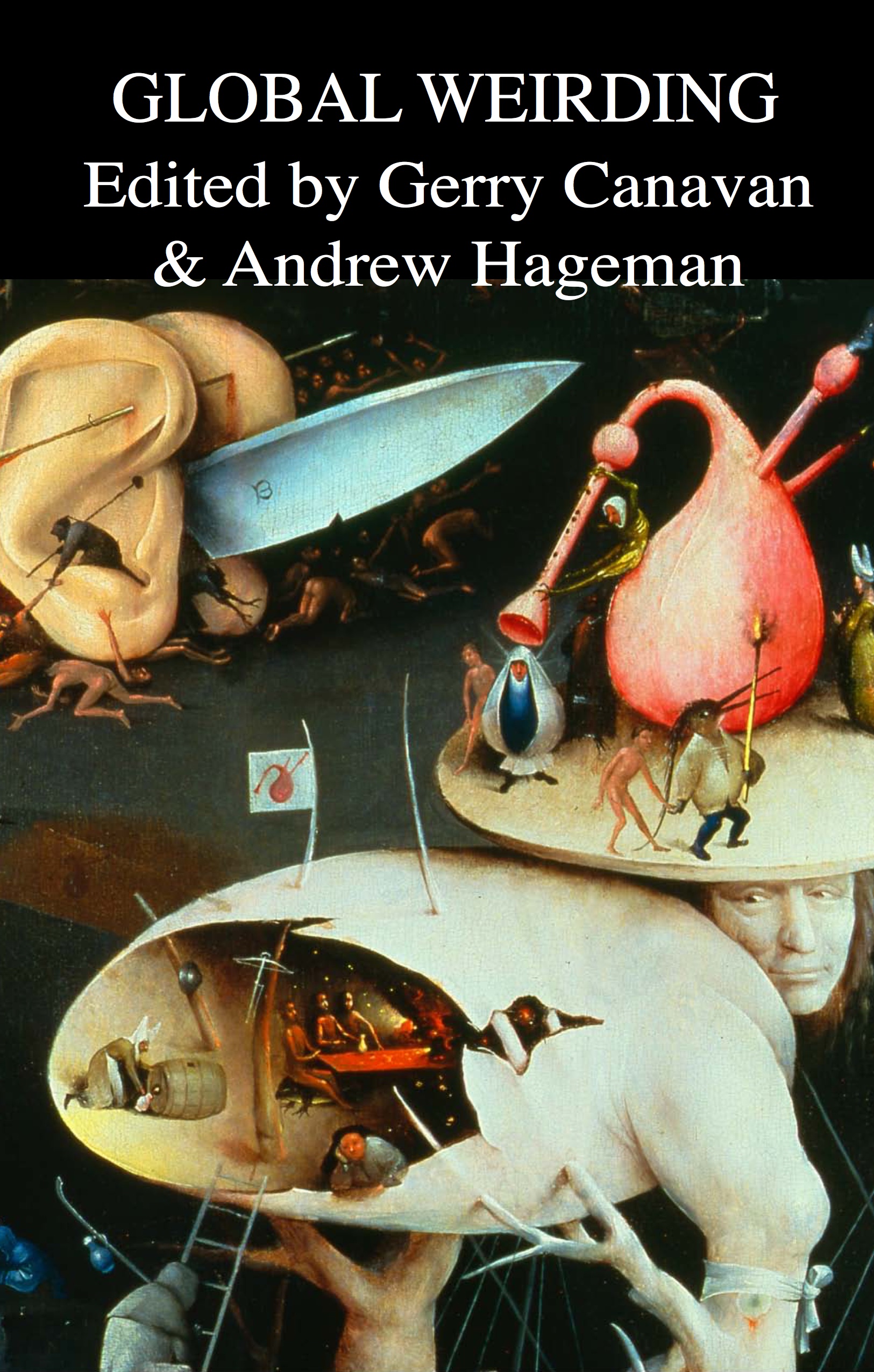This Travesty Means the System Is Working as Intended
* There are more African Americans under correctional control today — in prison or jail, on probation or parole — than were enslaved in 1850, a decade before the Civil War began.
* As of 2004, more African American men were disenfranchised (due to felon disenfranchisement laws) than in 1870, the year the Fifteenth Amendment was ratified, prohibiting laws that explicitly deny the right to vote on the basis of race.
* A black child born today is less likely to be raised by both parents than a black child born during slavery. The recent disintegration of the African American family is due in large part to the mass imprisonment of black fathers.
* If you take into account prisoners, a large majority of African American men in some urban areas have been labeled felons for life. (In the Chicago area, the figure is nearly 80%.) These men are part of a growing undercaste — not class, caste — permanently relegated, by law, to a second-class status. They can be denied the right to vote, automatically excluded from juries, and legally discriminated against in employment, housing, access to education, and public benefits, much as their grandparents and great-grandparents were during the Jim Crow era.
How the War on Drugs gave birth to a permanent American undercaste. Via Feministe.










* There are more White Americans under correctional control today — in prison or jail, on probation or parole — than were slave owners in 1850, a decade before the Civil War began.
* As of 2004, more White American men were disenfranchised (due to felon disenfranchisement laws) than in 1870, the year the Fifteenth Amendment was ratified, prohibiting laws that explicitly deny the right to vote on the basis of race.
* A white child born today is less likely to be raised by both parents than a white child born during slavery. The recent disintegration of the White American family is due in large part to the high divorce rate of white marriages.
* If you take into account prisoners, a large majority of White American men in some rural areas have been labeled felons for life. These men are part of a growing undercaste — not class, caste — permanently relegated, by law, to a second-class status. They can be denied the right to vote, automatically excluded from juries, and legally discriminated against in employment, housing, access to education, and public benefits, much as felons were in any era.
jean
March 10, 2010 at 8:20 pm
I’m not sure I understand the point you’re trying to make.
gerrycanavan
March 11, 2010 at 1:17 am
@Jean: Think about your points.
The first point in the article, that more blacks are in prison today than were enslaved in 1850 is a point about freedom. To compare prisoners and slave owners, on the other hand, is a point about nothing. It may be a little intellectually dishonest to compare real numbers rather than percentages, but it should still be shocking to read a statistic like that.
Second point. Again, for the article’s point, the comparison is legitimate. Less disenfranchisement when it was legal to disenfranchise people because of race than now. Whereas, prior to the fifteenth amendment, whites couldn’t be disenfranchised for anything but felony charges, so it goes without saying, that if there are more white felons today, there would be more disenfranchisement. That doesn’t go for black felons, though, because not only felons were disenfranchised.
Third point. Divorce is different than prison. And assuming that a child raised by divorced parents is not raised by both of them seems dubious. Whereas assuming that a child whose father is in prison is not being raised by both parents seems legitimate.
Fourth point. I absolutely agree. There is a white undercaste, largely rural, in this country, in addition to a black one. Black men are disproportionately affected, if the metric we’re using is race – 1 in 9 black males between 20 and 34 are in prison. But there are also a large number of white men and women who are affected as well.
At the heart of the problem are drug laws which overly penalize small offenses.
But let’s take a real example, although I’m not sure it will convince you of anything, because it’s not a statistical example, but rather an example based on observation and reflection. I take myself. I’m a white male, who grew up in an affluent home (from birth to about the age of 14, we were “middle class”; from 15 on, we were wealthy). I was not a bad kid, but I was by no means a good kid. I drank, smoked, smoked pot, stole, and did some small acts of vandalism – not as much as many of my friends, but enough. I have little doubt that, had I been a black male, I would have been caught and persecuted for what I did more than once, but as a white male, even when I was caught, I got off time and again with warnings and wrist slaps. I was caught by security guards many times, but never once did I deal with the police. If I was black, even if I had been doing the exact same things in the exact same places, I would have been caught and they wouldn’t have let me go without charging me. I know because my black friends were caught doing the same things, and when they weren’t with white kids, they usually ended up in court. There was even one time when there were four of us in a car, all drunk, including the white driver. My friend Oluchi was in the back, also drunk. The police had us all get out of the car, but they cuffed Oluchi and put him in the back of the car. He was not the driver, he was no more drunk or belligerent than the rest of us, nothing. He was black. That’s all.
In the end, though, the immediate solution is to end draconian drug policy, regardless of what else we do about racism in the penal system.
Alex
March 11, 2010 at 12:39 pm
If my blog had upvotes I’d upvote that comment.
gerrycanavan
March 11, 2010 at 1:48 pm
Here’s a graph that pretty much sums it up.
http://www.project.org/info.php?recordID=174
Alex
March 11, 2010 at 6:12 pm
Good article. I passed it along.
More race posts, please!
Kate
March 12, 2010 at 9:26 am